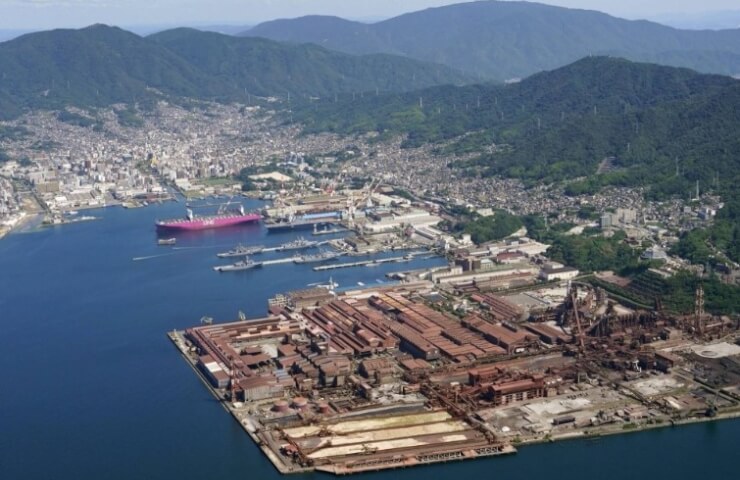Nippon Steel said it ceased production at its historic Kure manufacturing complex in western Japan last month after 72 years in operation, ahead of plans to permanently close the plants in response to falling domestic demand and increased competition from imports.
Japan's largest steelmaker announced in early 2020 that it would close the 130-hectare Setouchi Works Kure complex, which at the time employed 3,300 people, and cease operating the plant's blast furnaces in 2021.The company said it would dismantle all Kure facilities within ten years after consulting with the local government.
Nippon Steel said it was forced to cut production capacity as its customers, including car makers, moved production overseas . The company produces automotive components, including crankshafts, transmission and suspension components, and chassis and body parts. It supplies steel to the shipbuilding, railway, construction and heavy engineering industries.
Nippon Steel currently operates 11 blast furnaces in Japan with a capacity of 50 million tons of crude steel per year.
The company also announced plans to shut down a blast furnace in Kashima, Ibaraki Prefecture, by early 2025, reducing capacity to 40 million tons.
Rival JFE Holdings stopped blast furnace operations at its Kawasaki plant on Sept. 16, reducing the number of blast furnaces furnaces it operates in Japan to seven.
By reducing production of general purpose steel, large steel producers are reallocating their resources to producing high-strength and electrical steel, the latter being a high-permeability iron alloy that is used in electrical equipment, including electric motors.




